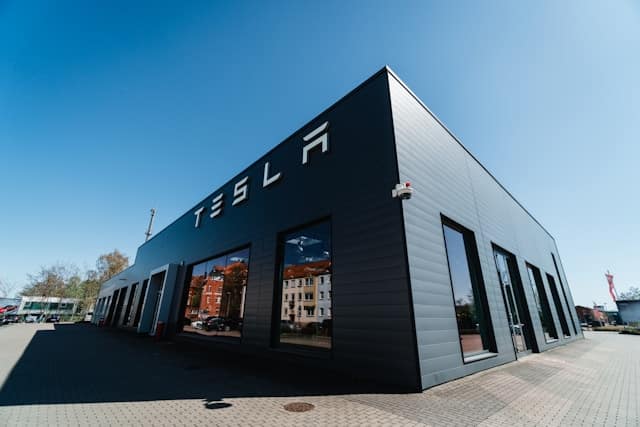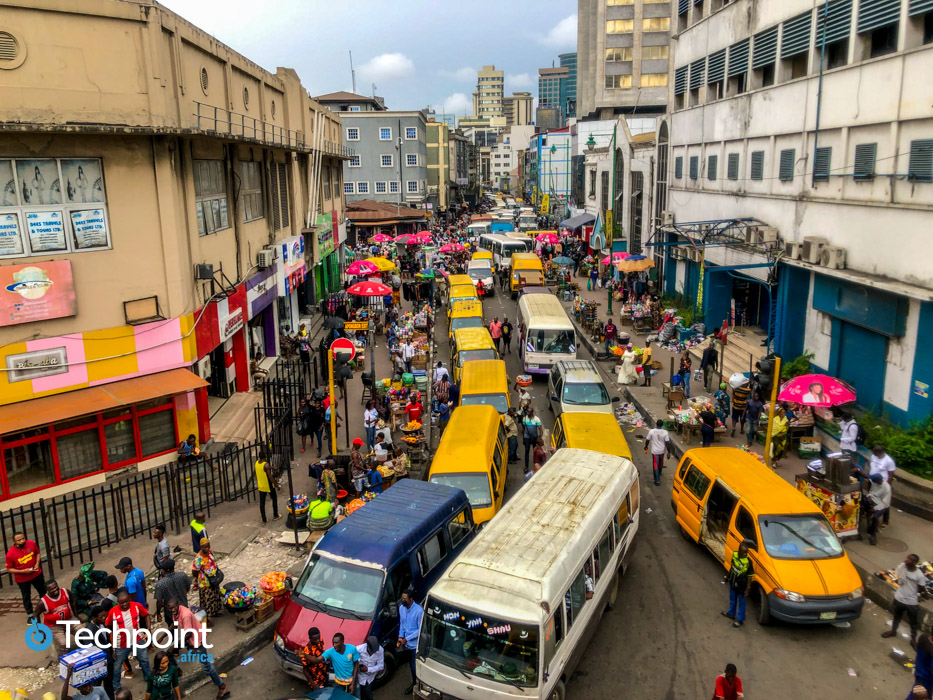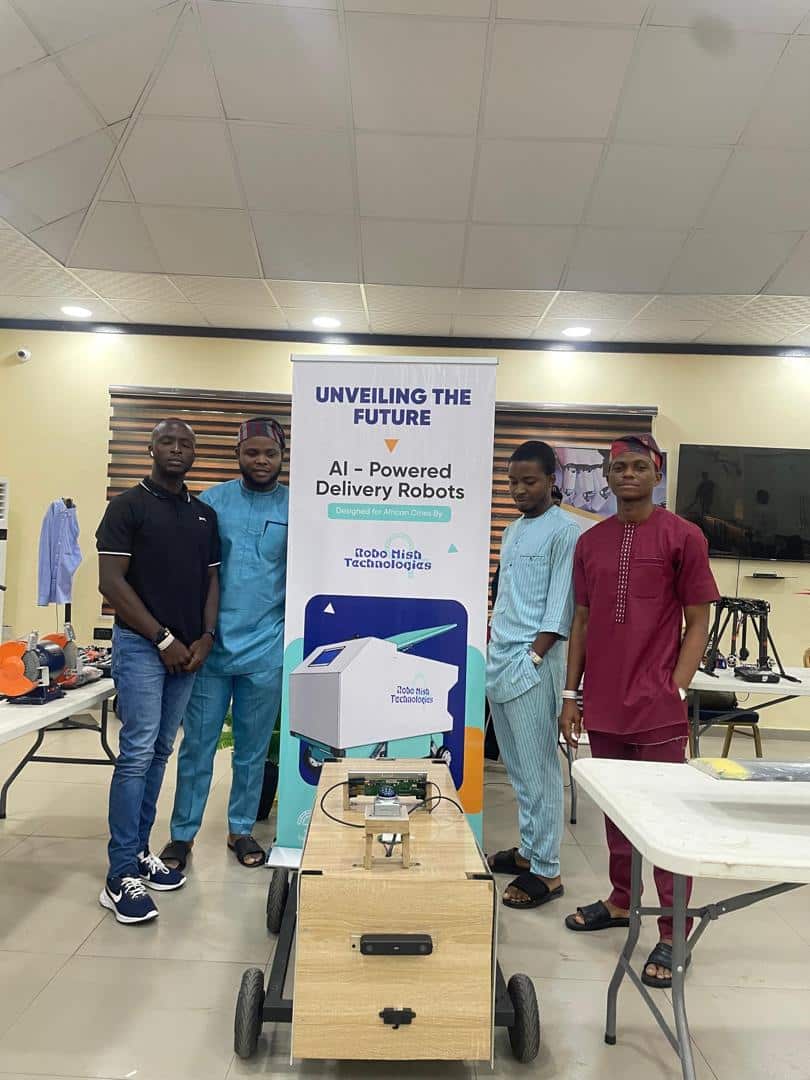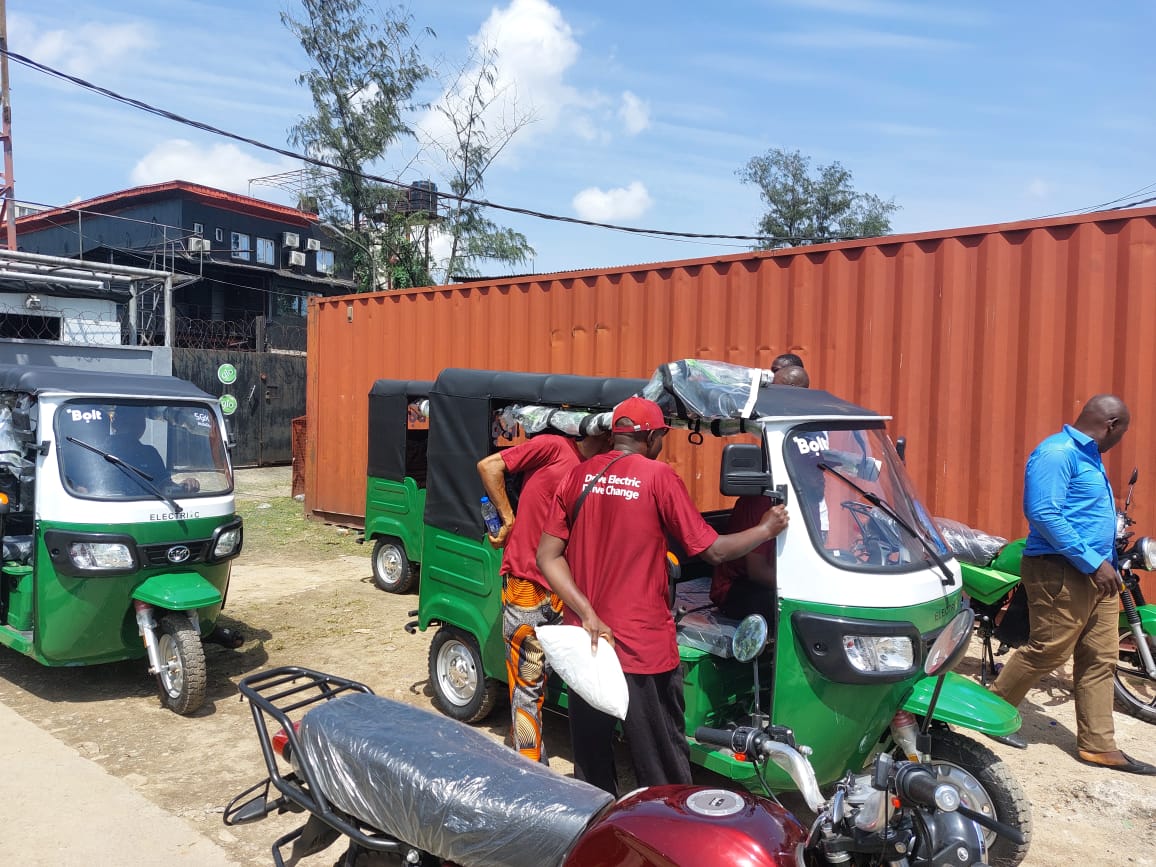- Bolt has implemented a bidding system that allows drivers to negotiate prices with riders to incentivise drivers and increase riders’ chances of receiving rides during peak hours.
- This move is said to reflect inDrive’s customer-driver negotiation model as ride-hailing becomes more popular in the country. It also aims to encourage more ride drivers to take up gig work, as pricing has been a common issue for drivers.
According to Femi Adeyemo, Bolt’s communication manager, the driver benefits by earning more, and the same standard commission applies to all trips.
Bolt charges a base fee for rides and sets prices using algorithms, which may cause price increases during peak driver demand periods. Aside from Bolt, other ride-hailing companies, such as Uber, follow this model. It has, however, been criticised for potentially exploiting drivers and riders by not allowing drivers to negotiate with riders.
However, the bidding model allows drivers to negotiate a fair price, but, also faces the challenge of fair and consistent pricing.
Bolt entered the Nigerian market before inDrive and has grown in popularity since its launch there. inDrive, which launched in Lagos, Nigeria, in 2019, has also gained traction, expanding to 15 cities in July 2023.
Before implementing this pricing system, which is expected to reduce rider wait time and help drivers earn more, Bolt’s driver-partners in Nigeria were also eligible for fuel and insurance discounts and incentives as part of the Bolt Rewards programme, which began in March 2024.
The cost of commodities such as fuel for drivers is one reason they may want to charge a higher fee, which algorithm-based pricing does not permit. The development was intended to assist drivers in managing their fuel costs, which have increased since the removal of fuel subsidies in early 2023.
Furthermore, the company stated that it has upgraded incentives, including compensation for routes with long pickups, and that it will continue to provide more flexible earning opportunities for driver-partners while also assisting riders in accessing services wherever they are.
In December last year, Bolt Nigeria announced a ₦10,000 fuel subsidy bonus campaign for drivers in Lagos and Abuja. The bonus ran for the rest of the year, beginning on the day of the announcement, to help drivers offset the impact of fuel price increases.











